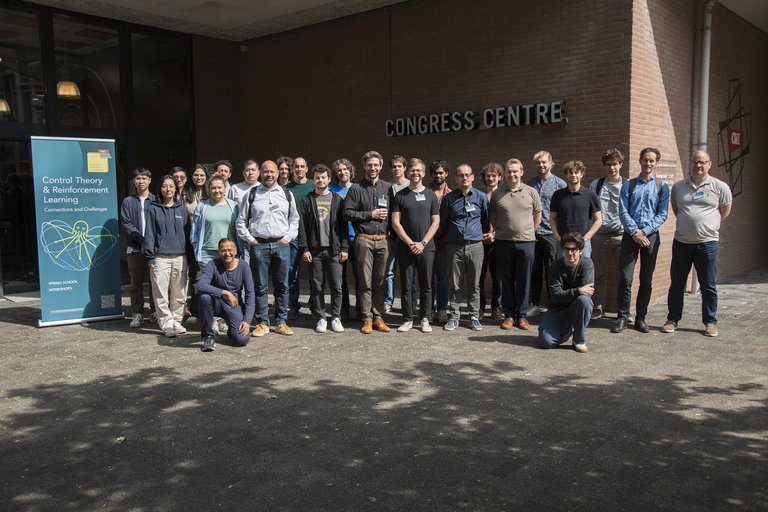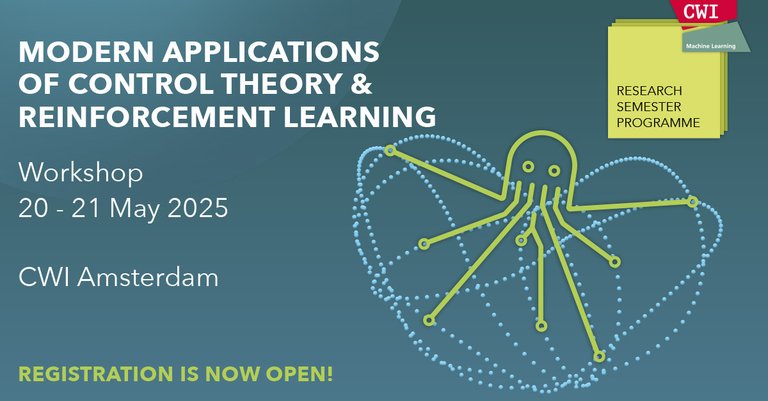Marta Kwiatkowska is Professor of Computing Systems and Fellow of Trinity College, University of Oxford, and Associate Head of MPLS. Prior to this she was Professor in the School of Computer Science at the University of Birmingham, Lecturer at the University of Leicester and Assistant Professor at the Jagiellonian University in Cracow, Poland. She holds a BSc/MSc in Computer Science from the Jagiellonian University, MA from Oxford and a PhD from the University of Leicester. In 2014 she was awarded an honorary doctorate from KTH Royal Institute of Technology in Stockholm.
Marta Kwiatkowska spearheaded the development of probabilistic and quantitative methods in verification on the international scene and is currently working on safety and robustness for machine learning and AI. She led the development of the PRISM model checker, the leading software tool in the area and widely used for research and teaching and winner of the HVC 2016 Award. Applications of probabilistic model checking have spanned communication and security protocols, nanotechnology designs, power management, game theory, planning and systems biology, with genuine flaws found and corrected in real-world protocols. Kwiatkowska gave the Milner Lecture in 2012 in recognition of "excellent and original theoretical work which has a perceived significance for practical computing". She is the first female winner of the 2018 Royal Society Milner Award and Lecture, see her lecture here, and won the BCS Lovelace Medal in 2019. Marta Kwiatkowska was invited to give keynotes at the LICS 2003, ESEC/FSE 2007 and 2019, ETAPS/FASE 2011, ATVA 2013, ICALP 2016, CAV 2017, CONCUR 2019 and UbiComp 2019 conferences.
She is a Fellow of the Royal Society, Fellow of ACM, member of Academia Europea, Fellow of EATCS, Fellow of the BCS and Fellow of Polish Society of Arts & Sciences Abroad. She serves on editorial boards of several journals, including Information and Computation, Formal Methods in System Design, Logical Methods in Computer Science, Science of Computer Programming and Royal Society Open Science journal. Kwiatkowska's research has been supported by grant funding from EPSRC, ERC, EU, DARPA and Microsoft Research Cambridge, including two prestigious ERC Advanced Grants, VERIWARE ("From software verification to everyware verification") and FUN2MODEL ("From FUNction-based TO MOdel-based automated probabilistic reasoning for DEep Learning"), and the EPSRC Programme Grant on Mobile Autonomy.
Talk details
Provable guarantees for data-driven policy synthesis: a formal verification perspective
Machine learning solutions are revolutionizing AI, but their instability against adversarial examples – small perturbations to inputs that can drastically change the output – raises concerns about the readiness of this technology for widespread deployment. Formal verification, and particularly probabilistic verification, have become indispensable components of rigorous engineering methodologies to ensure system safety and dependability. Using illustrative examples, this lecture will discuss the role that formal verification technology can play in motion planning by providing provable guarantees on safety and optimality of neural network policies.











